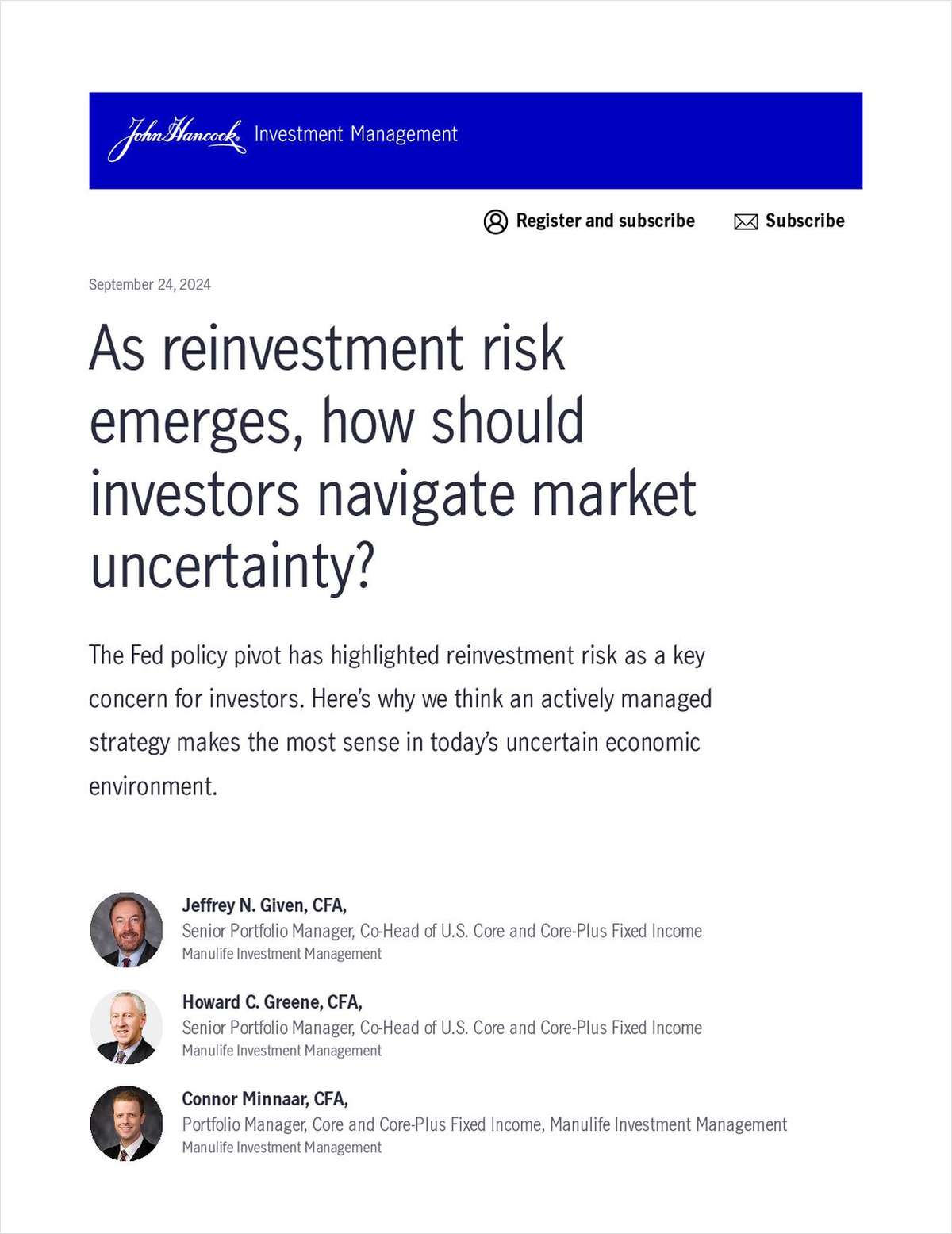The provisions in the Patient Protection and Affordable Care Act (PPACA) that affect the commercial health insurance market are now five years old.
On the law's fifth birthday anniversary, I was in Colorado Springs, Colo., for the fifteenth annual Intercompany Long-Term Care Insurance Conference. One of the attendees was Stephen Moses, director of the Center for Long-Term Care Reform. He was there to promote the message that, it doesn't matter if people are looking at long-term care (LTC) finance from the left or the right. Either way, they need to stop encouraging people who can afford to save for their own care to count on Medicaid to pay their nursing home bills.
"We have to give up the illusion that the government can print money and take care of everybody," Moses said in an interview.
Even at the long-term care insurance (LTCI) conference, support for Moses' center seemed muted, possibly, partly because the private LTCI community has gone through hard times. In 2011, the community helped block implementation of a major PPACA voluntary LTC benefits program, the Community Living Assistance Services and Support Act (CLASS) program. Now, some companies connected with the LTCI community have, or are seeking, contracts to manage or support Medicaid nursing home programs, Medicare home health care programs, and LTC programs for "dual eligibles" — people who are eligible for both Medicare and Medicaid.
Some people in the private LTCI community are talking about developing new types of "public-private partnerships," such as government-backed reinsurance programs for private LTCI operations.
Private LTCI people may be a little less likely to promote private-sector solutions because, frankly, they're bidding for public health program contracts.
Moses said that, in many cases, a government makes a market attractive to attract private companies; responds to success by tightening rules and adding costs; then plays favorites and ends up with a "crony capitalism" relationship with the private players that survive the tightening. The private players that could police the government instead become the government's best friends forever.



